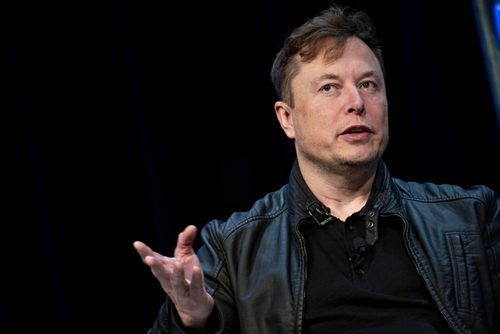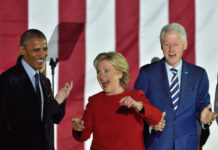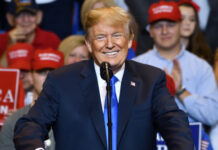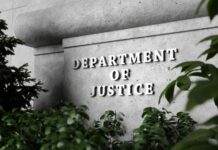
Retired Lt. Col. Alexander Vindman issued a stark warning to Elon Musk, cautioning the billionaire CEO of X (formerly Twitter) that he should “be nervous” after the recent arrest of Pavel Durov, CEO of the messaging app Telegram. Durov, who was detained in France over allegations related to insufficient content moderation on his platform, has sparked international debate over free speech and accountability in the digital sphere.
The arrest took place in Paris, where Durov was served with an arrest warrant following a preliminary investigation by French authorities. The charges stem from Durov's alleged failure to adequately restrict criminal activities on Telegram, which is known for its strong encryption and large user base, boasting over 900 million users worldwide. The platform has often been criticized for being a haven for illicit activities due to its less restrictive content policies.
Alexander Vindman, the piece of garbage traitor he is, threatens that Elon Musk should be in jail because he doesn’t censor.
Listen to this and tell me if it’s the best slap down of the lunatic liberal left you’ve heard regarding free speech!!👇🏻 pic.twitter.com/uu2npMvfnq
— SaltyGoat (@SaltyGoat17) August 26, 2024
Vindman, who gained national prominence as a key witness in the first impeachment trial of former President Donald Trump, took to social media to voice his support for the French government’s actions. In a post on X, he emphasized the growing global intolerance for what he described as “platforming disinfo & malign influence” and suggested that Musk could face similar scrutiny if he continues to resist efforts to regulate content on his platforms
Musk, known for his outspoken defense of free speech, responded to Durov's arrest by posting the hashtag #FreePavel and warning of “dangerous times” ahead, implying that government censorship is becoming increasingly common. This incident has once again put Musk at the center of the global debate on the balance between free speech and the regulation of online platforms.
Who else thinks that Alexander Vindman should be nervous if Trump wins? He just threatened Musk on X.@elonmusk @realDonaldTrump pic.twitter.com/OmCIAudAVf
— Tony Chard (@tony4mrht) August 26, 2024
Prominent figures across the political spectrum have weighed in on the issue. RFK Jr. and Chris Pavlovski, CEO of Rumble, another platform advocating for minimal content moderation, condemned the arrest as a significant overreach by the French government. They argue that this move represents a broader trend in Europe to clamp down on free speech under the guise of preventing disinformation. Ian Miles Cheong, a conservative commentator, labeled the arrest as a step towards turning the internet into a "propaganda machine," intended to silence dissenting voices.
However, Vindman has doubled down on his stance, dismissing critics as “free speech absolutists” and “weirdos.” Vindman’s comments are in line with increasing pressure from European regulators, who have been at the forefront of efforts to enforce stricter content moderation rules, particularly with the introduction of the Digital Services Act (DSA).
The DSA, which has been celebrated by some European officials as a necessary step to combat illegal online activities, mandates that platforms remove content deemed to be disinformation or incitement. This legislation has sparked concern among free speech advocates, who fear it could lead to overreach and suppression of legitimate expression. Musk himself has previously faced threats from European regulators who warned of severe penalties, including personal liability, if he fails to comply with these new regulations.
As the debate intensifies, the implications of Durov’s arrest and Vindman’s warnings to Musk underscore the growing tension between global governance and the principles of free expression. For Musk, who has positioned himself as a defender of free speech, these developments could signal a challenging road ahead as he navigates the increasing demands for accountability in the digital age.











